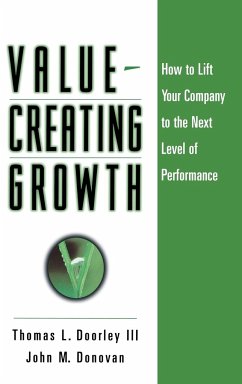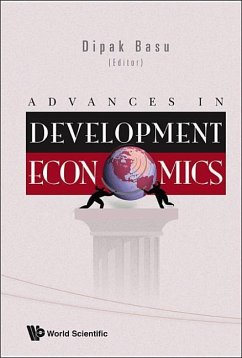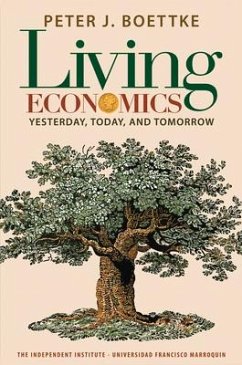
Creating a Learning Society
A New Approach to Growth, Development, and Social Progress, Reader's Edition
Versandkostenfrei!
Versandfertig in über 4 Wochen
18,99 €
inkl. MwSt.

PAYBACK Punkte
9 °P sammeln!
Creating a Learning Society explains how the countries of the world went from centuries of stagnation to the enormous increases in standards of living that have marked the last two hundred and fifty years: they have learned how to learn. Yet, as Stiglitz and Greenwald make clear, markets won't succeed on their own in creating the learning society that we need. Achieving this requires good governmental policy in a variety of areas, including trade, industry, and intellectual property. Indeed, the central thesis of this book is that every policy--tax, regulation, and expenditure--affects learnin...
Creating a Learning Society explains how the countries of the world went from centuries of stagnation to the enormous increases in standards of living that have marked the last two hundred and fifty years: they have learned how to learn. Yet, as Stiglitz and Greenwald make clear, markets won't succeed on their own in creating the learning society that we need. Achieving this requires good governmental policy in a variety of areas, including trade, industry, and intellectual property. Indeed, the central thesis of this book is that every policy--tax, regulation, and expenditure--affects learning, and that policymakers have been remiss in ignoring this. Some policies, such as the Washington Consensus policies foisted on developing countries by the World Bank and IMF, actually impede learning.












